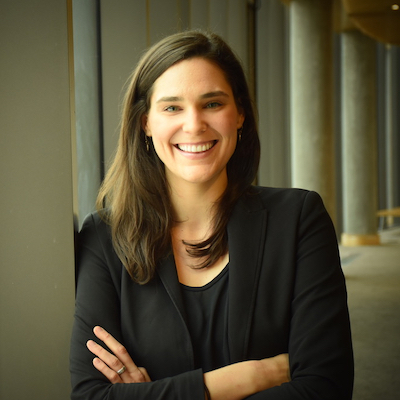Mary Kate holds an MPH from the Brown School at Washington University in St. Louis with a concentration in Global Health. Her thesis, completed in partnership with USAID’s Feed the Future Fish Innovation Lab, utilized qualitative methods to understand the barriers to fish consumption during the complementary feeding period in coastal Kenya. As a graduate researcher her work focused on transdisciplinary approaches to improving maternal and child nutrition and using community-based system dynamics to improve inclusive education in Pakistan and Afghanistan. Mary Kate also spent a summer working and learning alongside female farmers in Kamuli, Uganda to help strengthen the monitoring and evaluation framework of a sustainable agriculture program. Most recently, she contributed to two discussion papers for UN Nutrition outlining the role of aquatic and livestock-derived foods in sustainable healthy diets. Mary Kate’s primary interests lie at the intersection of food systems, nutrition and environmental sustainability. Originally from Kalamazoo, Michigan, she received her B.S. in Ecology and Evolutionary Biology from the University of Michigan.

